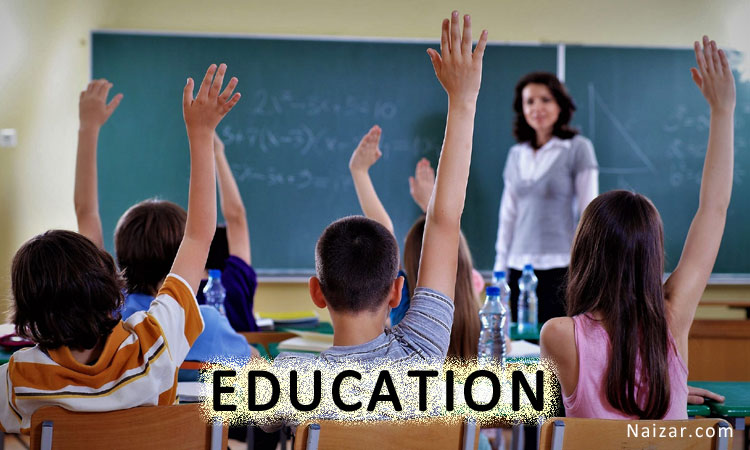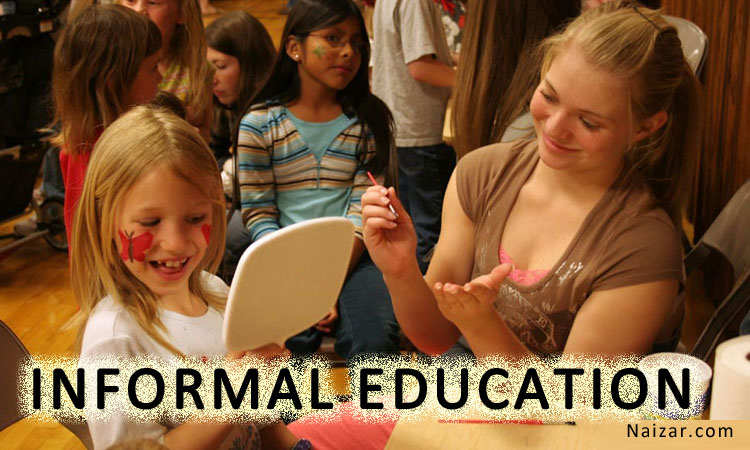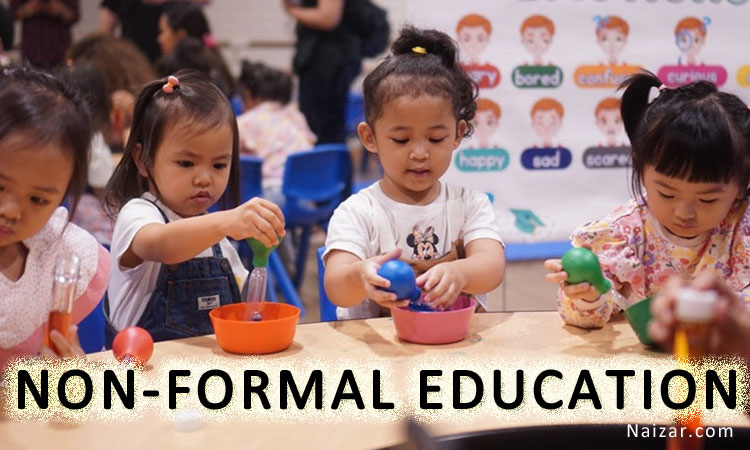Education is the foundation of personal and societal growth, shaping individuals and communities through knowledge and skill development. It takes different forms, each playing a crucial role in lifelong learning. This article delves into the three fundamental forms of education, formal, informal, and non-formal, and their distinct roles in the learning journey.
Formal Education

Formal education refers to structured learning that takes place in schools, colleges, and universities. It adheres to a structured curriculum, is taught by qualified educators, and culminates in officially recognized diplomas or degrees. This type of education is crucial for career advancement and provides a strong foundation in subjects such as mathematics, science, literature, and social studies. Key characteristics of formal education include:
Structured Curriculum: Designed to meet national or international education standards.
Certified Instructors: Teachers and professors with specialized knowledge.
Degree and Certification: Students earn diplomas, degrees, or professional certifications upon completion.
Evaluation System: Exams, assignments, and assessments measure progress and understanding
Informal Education

Informal education is unstructured and self-directed, occurring outside traditional academic settings. It includes learning from experiences, self-study, mentorship, and day-to-day interactions. In contrast to formal education, it lacks structured curricula, standardized tests, and official qualifications. Examples of informal education include:
Reading books, watching educational videos, and online research.
Learning a new language or skill through practice and interaction.
Gaining insights from travel, cultural experiences, and social discussions.
Parental guidance and life lessons learned through everyday situations.
Non-Formal Education

Non-formal education falls between formal and informal learning. It involves structured programs but does not necessarily lead to formal certification. It is designed to provide practical skills, vocational training, and personal development. Examples include:
Adult education programs and community learning centers.
Workshops, short courses, and professional training sessions.
Online courses and skill development programs outside traditional schools.
Language classes, coding bootcamps, and health awareness programs.
Conclusion
Education takes various forms, each contributing to lifelong learning and personal growth. Formal education provides structured knowledge and credentials, informal education fosters continuous self-improvement, and non-formal education offers skill-based learning opportunities. Understanding and utilizing all three types of education ensures a well-rounded and adaptable approach to knowledge acquisition in today’s fast-changing world.




